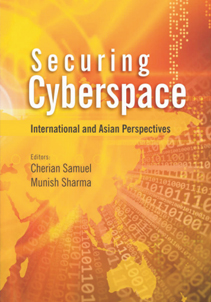Online Radicalisation: The Example of Burhan Wani
Effective use of social media fuelled Wani’s rise to prominence. His skills in this domain radicalised youth in greater numbers than had previously been achieved using more conventional methods.
- Prabha Rao
- July 16, 2016














